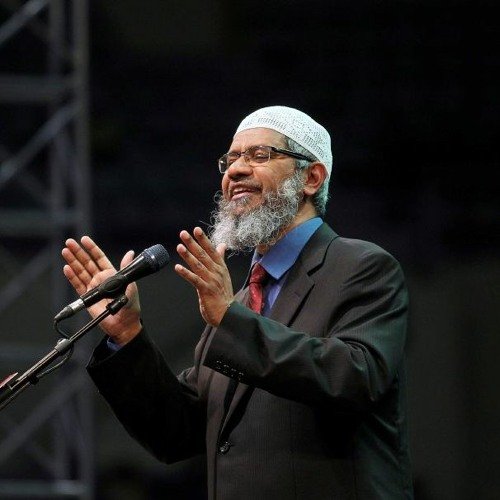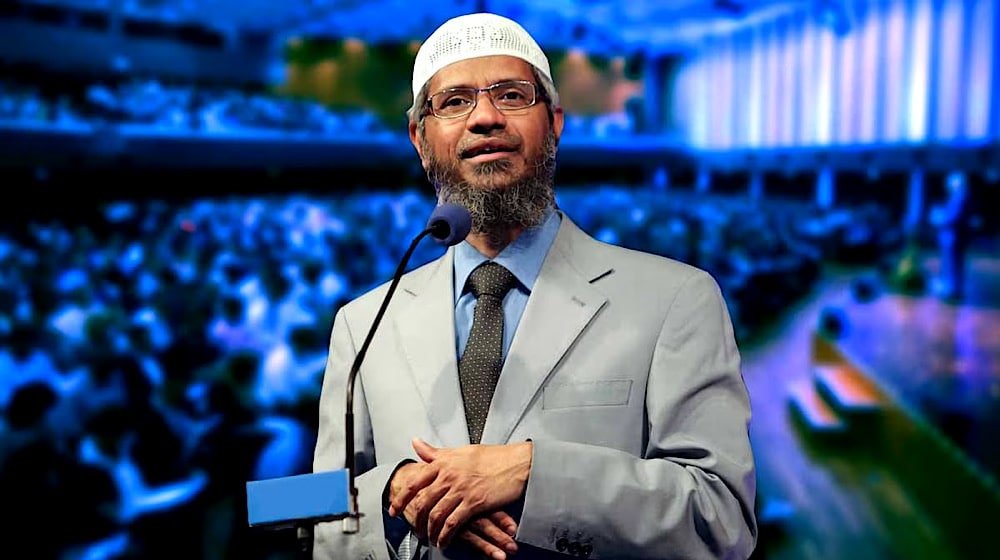Introduction
Zakir Naik is a prominent Islamic scholar and public speaker who has garnered significant attention for his approach to discussing the relationship between Islam, science, and societal issues. As the founder of the Islamic Research Foundation (IRF), Naik’s work focuses on promoting a deeper understanding of Islam in the context of contemporary challenges. This detailed overview explores his life, core themes, controversies, and impact.
Background
- Early Life: Born on October 18, 1965, in Mumbai, India, Naik was raised in a family that emphasized Islamic values. His exposure to diverse religious perspectives from an early age shaped his later studies.
- Education: Initially pursuing a career in medicine, he earned a Bachelor’s degree in Medicine and Surgery (MBBS). His deep interest in Islamic teachings led him to self-study various religious texts, enhancing his understanding of both Islam and comparative religion.
Core Themes
1. Faith and Science
- Scientific Miracles in the Quran: Naik frequently cites verses in the Quran that he believes anticipate modern scientific discoveries, such as the formation of the universe and biological processes. He argues that these verses validate the Quran’s divine origin.
- The Compatibility of Faith and Science: Naik asserts that science and religion do not need to be in conflict. He encourages Muslims to embrace scientific advancements while maintaining their faith, advocating for a worldview that harmonizes both.
2. Islamic Teachings
- Comparative Religion: Naik is known for his comparative studies, often engaging with other religious texts to highlight shared values. His aim is to promote dialogue and understanding among different faith communities, reducing religious intolerance.
- Ethics and Morality: He emphasizes that Islamic teachings provide a solid ethical framework for personal and social conduct. Naik discusses moral dilemmas in contemporary society, encouraging adherence to Islamic values in addressing these issues.
3. Societal Issues
- Social Justice and Equality: Naik speaks out on pressing social issues such as poverty, injustice, and gender equality. He advocates for solutions rooted in Islamic principles that promote fairness and equity for all individuals.
- Education and Empowerment: Recognizing the importance of education, Naik encourages young Muslims to pursue knowledge, both religious and secular. He believes education is crucial for personal development and societal progress.

4. Youth Engagement
- Addressing Youth Concerns: Naik understands the challenges young Muslims face today, such as identity struggles and societal pressures. He aims to provide them with tools to navigate these issues while staying true to their faith.
- Role Models and Mentorship: By serving as a role model, Naik encourages youth to take active roles in their communities and become advocates for peace and understanding.
5. Use of Modern Technology
- Media Influence: Naik has effectively used media, including television and social media, to reach a global audience. His lectures, available on platforms like YouTube, allow him to connect with millions and spread his message widely.
- Interactive Engagement: Through live Q&A sessions and online discussions, Naik engages with his audience directly, addressing their questions and concerns about faith and contemporary issues.
Controversies
- Public Criticism: Naik’s views on sensitive topics such as jihad, the role of women in Islam, and interfaith relations have sparked significant debate. Critics claim that some of his interpretations could fuel extremist ideologies.
- Legal Challenges and Bans: Naik has faced bans in several countries, including the UK and Canada, where authorities have raised concerns about his speeches promoting hate speech. These controversies have ignited discussions about the limits of free speech, particularly in religious contexts.
- Accusations of Extremism: Some critics argue that his approach to Islam can be polarizing, potentially alienating non-Muslims and fostering division rather than unity.
Impact
- Global Influence: Naik’s lectures have reached millions around the world, particularly among young Muslims seeking to reconcile their faith with modern life. His ability to articulate complex ideas in accessible language has contributed to his widespread appeal.
- Encouraging Critical Thinking: By emphasizing the importance of inquiry and skepticism, Naik has inspired many to question stereotypes and misconceptions about Islam, fostering a more nuanced understanding of the religion.
- Interfaith Dialogues: Naik’s comparative approach has facilitated dialogues between different religious communities, helping to create platforms for discussion that encourage tolerance and coexistence.
Conclusion
Zakir Naik is a complex and influential figure in contemporary Islamic discourse. His focus on the intersection of faith, science, and societal issues resonates with many, especially young Muslims. However, the controversies surrounding his views highlight the challenges of being a public religious figure in a diverse and often polarized world. By examining Naik’s contributions and the debates they provoke, we gain valuable insights into how faith can engage with modern scientific thought and address the pressing social challenges of our time. His work encourages ongoing dialogue about the role of religion in shaping a just and equitable society.




online pharmacy reviews
best online drugstore
online pharmacies
online pharmacies reviews
discount pharmacies
best online pharmacies without prescription
canadian drugstore
canada prescriptions
top rated canadian pharmacies online
safe online canadian pharmacy
aarp recommended canadian pharmacies
viagra professional